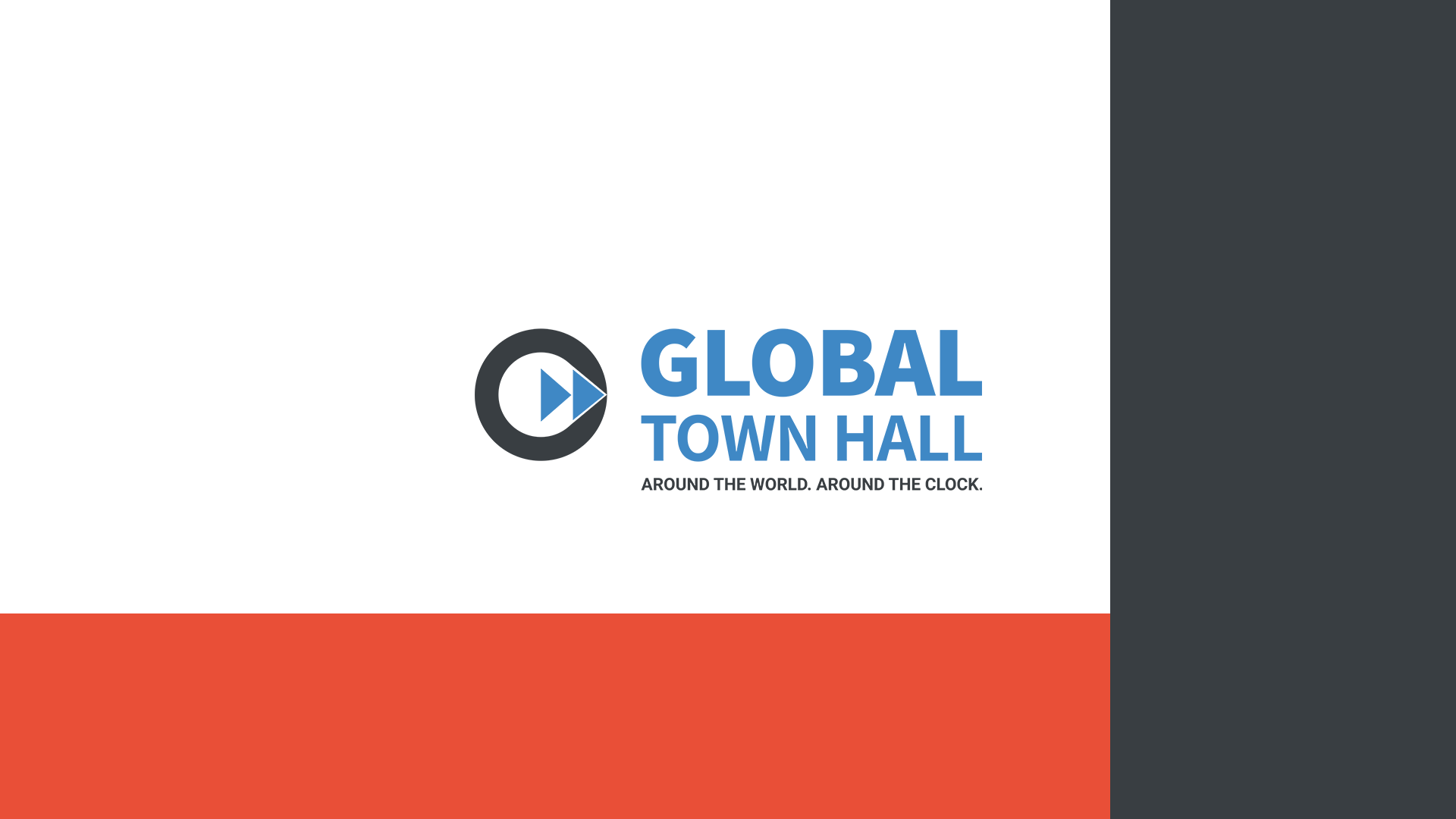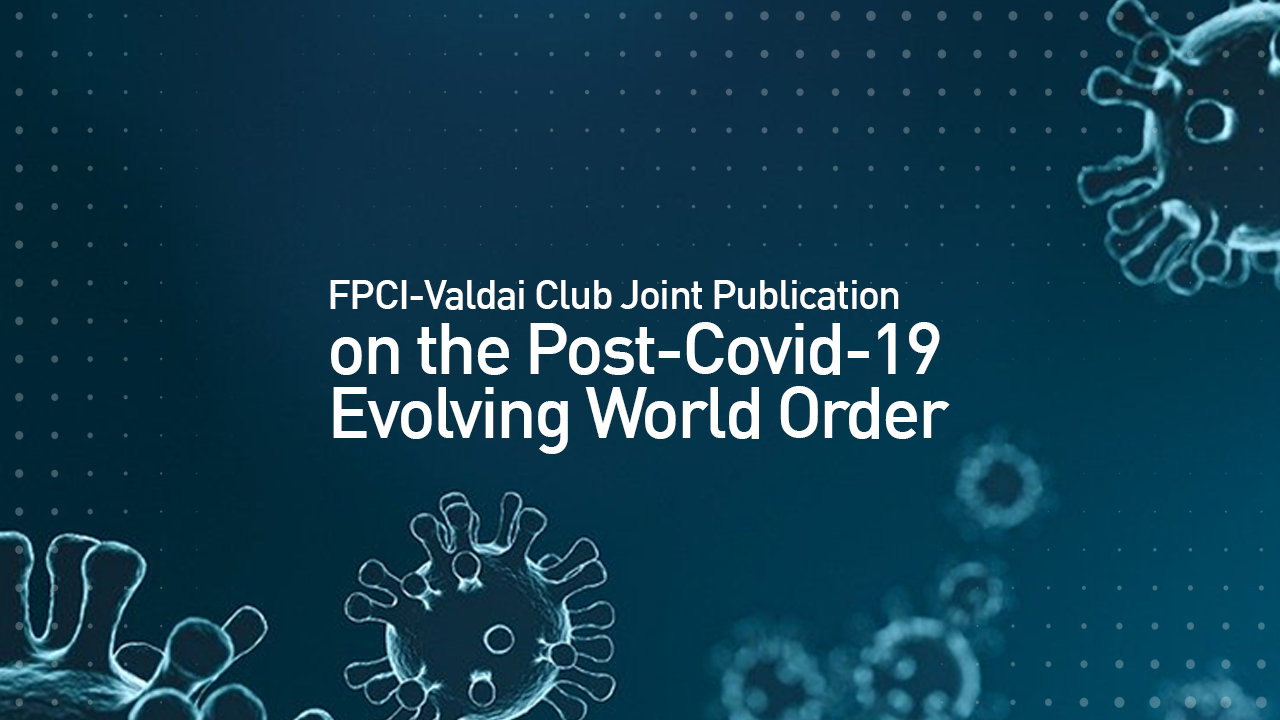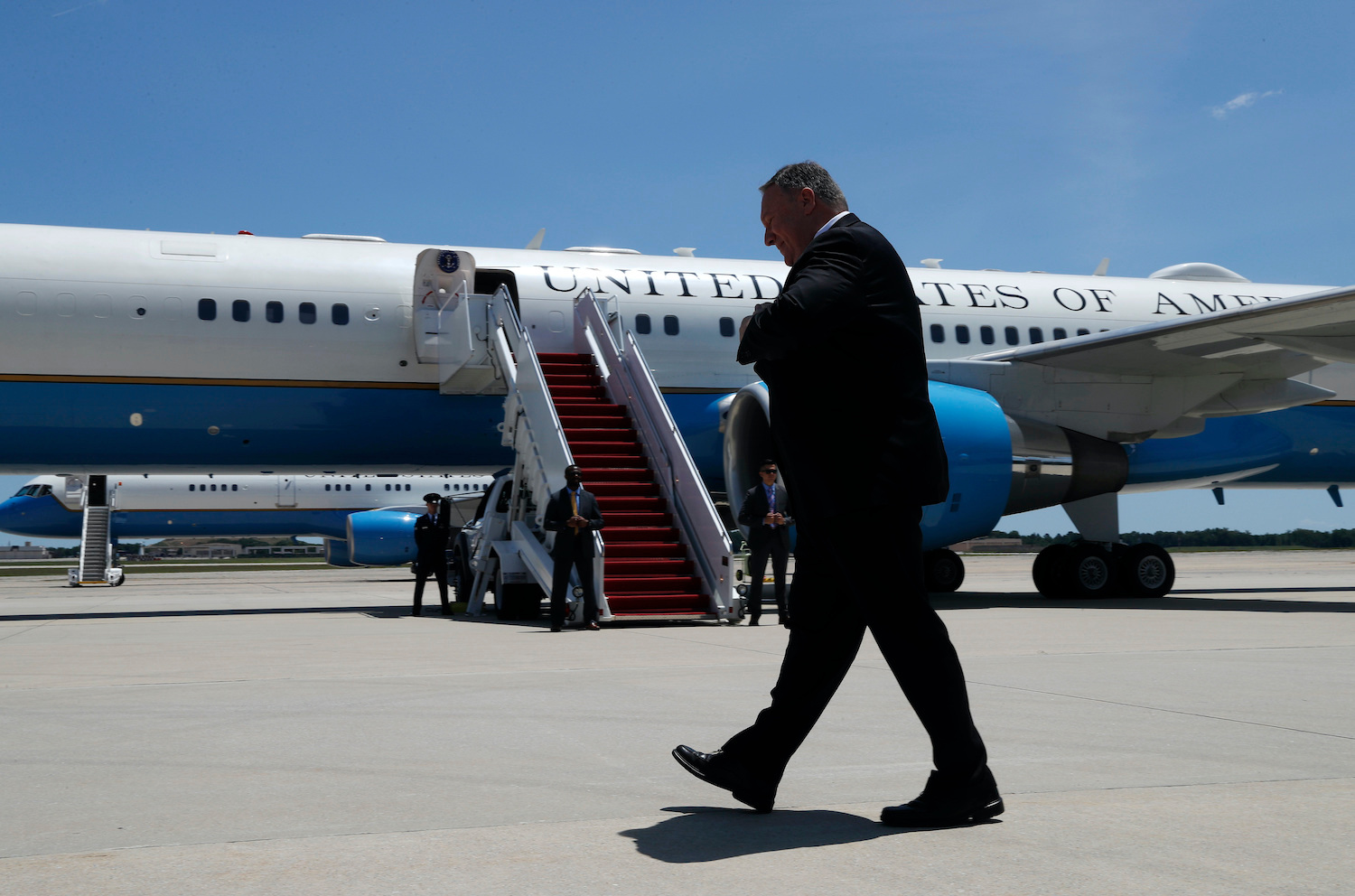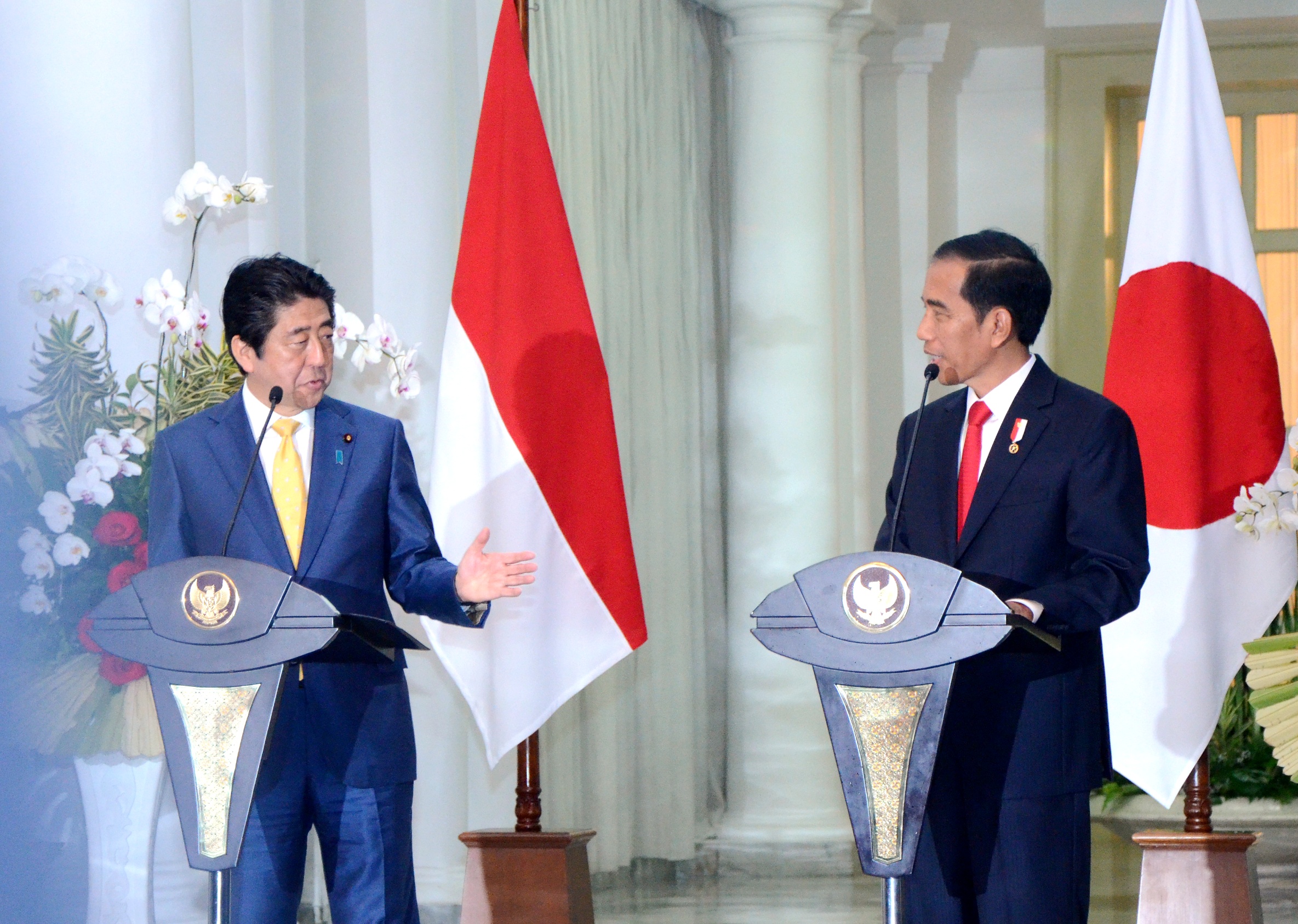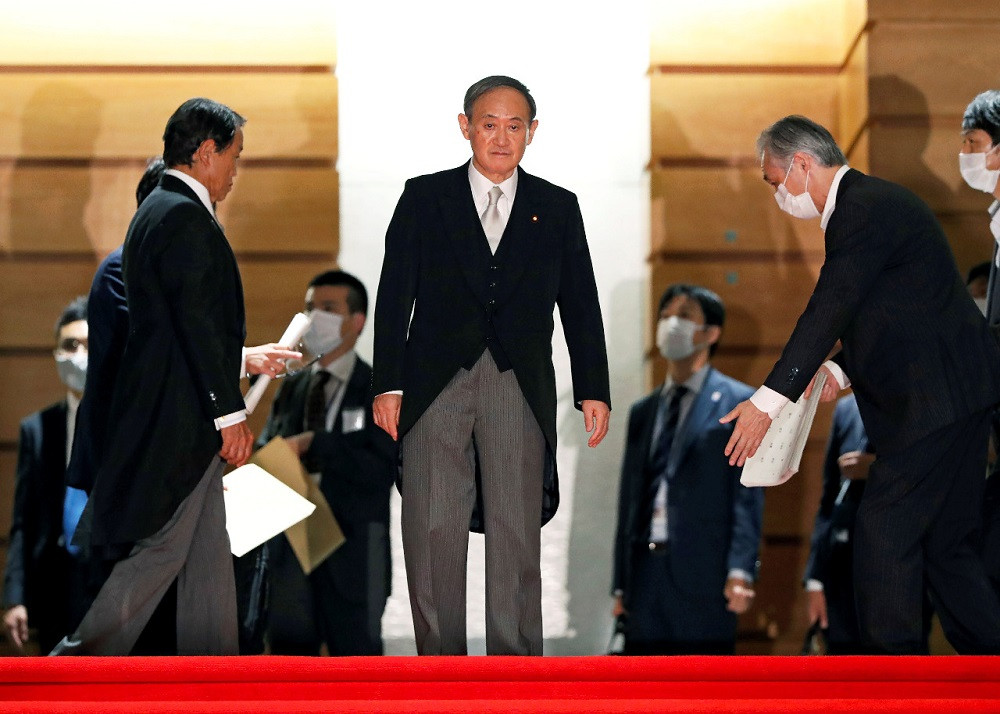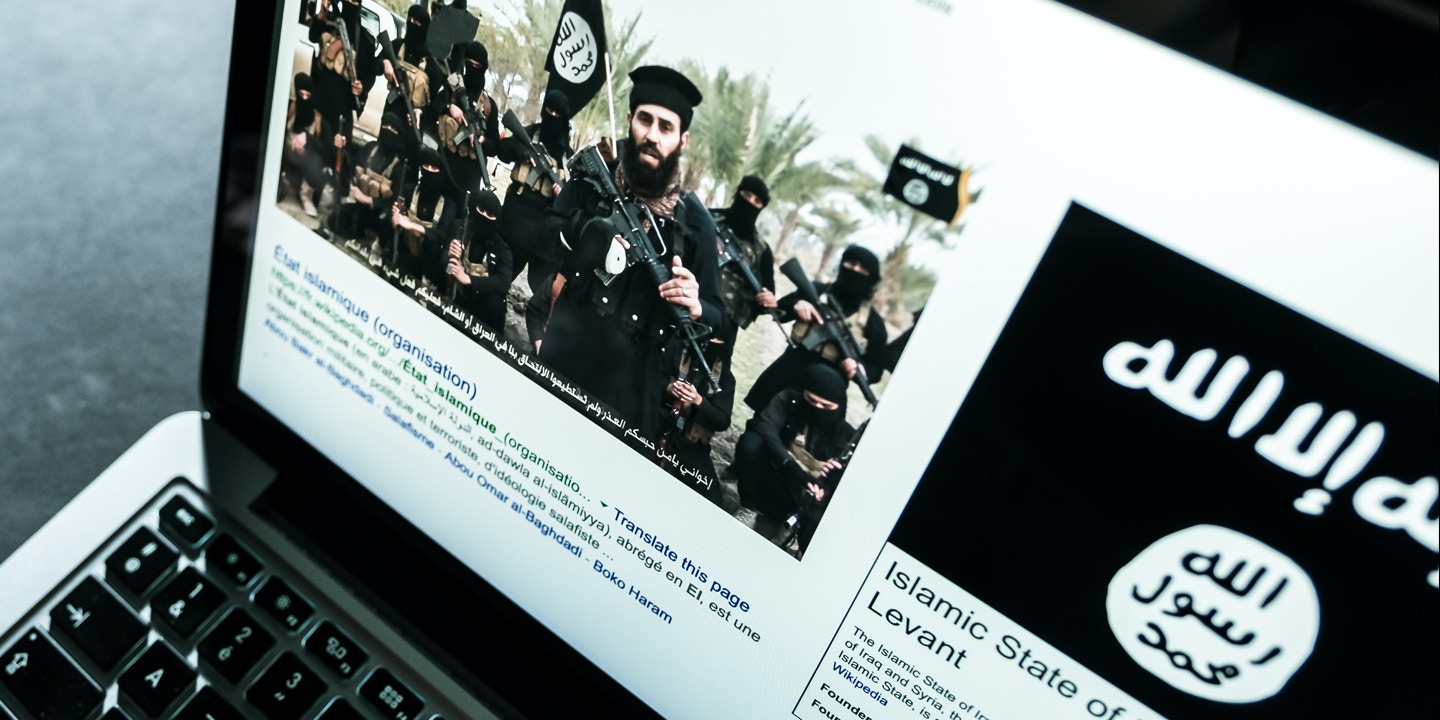Global Town Hall is a 15-hour marathon discussion where world leaders and high-level experts will discuss on the theme, “Rebuilding from the COVID-19 World.” The conference will discuss the state of the world beset by the COVID-19 crisis, evaluate policy challenges and lessons learned, and gather ideas for future direction, especially in terms of how to rebuild the world economically, socially, environmentally, diplomatically and even geopolitically. Global Town Hall is organized by a consortium of 12 reputable think-tanks from around the world and will be watched by a global audience.
Continue readingOn Distance and Synchronicity in the ‘New World’ – by Dr. Yaroslav Lissovolik
The current pandemic may well engender longer lasting and more fundamental social and economic effects, such as risk-aversion and the shift from “mass culture” to that of the “revolt of isolationism”. In the economic sphere one of the implications of the current crisis may be greater investment into “social distancing” undertaken in areas such as transportation, education, retail trade, restaurants and catering, etc. The sudden transformation of demand resulted in the emergence of qualitatively “new demand” that remains largely unsatisfied, along with the disappearance of sizeable tracts of “old consumer demand”.
Continue readingEnvisioning a Brighter Post-Pandemic Global Relations – by H.E. Nadjib Riphat Kesoema
All nations of the world are awaiting the end of the COVID-19 pandemic. Needless to say, it seems that the coronavirus will stay with us for a long time to come. This pandemic has taken more than one million lives and affected more than 40 million individuals. It is an unprecedented period where leaders of the world race to create strategies to protect their nation against further spread of the disease – a time where governments are pushed into crisis management mode, struggling to maintain the delicate balance between saving lives and livelihoods. A period requiring, more than ever before, solid engagement, communication, cooperation and sharing of ideas between nations to prepare for post-pandemic economic and social recovery.
Continue readingASEAN-China Survey 2020 Report
In welcoming the 30th anniversary of the ASEAN-China relations next year, FPCI Research & Analysis department conducted a public survey about the ASEAN-China relationship from June until October 2020. The survey is titled “ASEAN-China Survey 2020: Assessing the Present and Envisioning the Future of ASEAN-China Relations.” The survey involved 1000 respondents from 10 ASEAN Member States and coming from five segments of the general public: government officials, academia, business community, civil society, and students.
Continue readingWhy Trump’s Anti-China Policy Falls on Deaf Ears in Southeast Asia – Opinion by Dr. Dino Patti Djalal
U.S. Secretary of State Mike Pompeo has given a series of speeches attacking China. His speeches present some new themes: they aim specifically at the Chinese Communist Party (CCP), they frame China as an ideological threat (constantly referring to “Communist China,” not just China) and they adopt a blanket (rather than a la carte) attack against China: on the coronavirus, trade, investment, technology, TikTok, the World Health Organization, the South China Sea, Chinese companies and students, democracy, human rights, climate change – the list goes on. It seems that for the Trump administration, it has become a taboo to say anything remotely positive about China. Indeed, as Pompeo stated, “securing our freedom from the CCP is the mission of our time and America is in a perfect position to lead.”
Continue readingAfter Abe, Opportunities Loom for Japan-Indonesia Relations – Opinion by Noto Suoneto & Birgitta Riani
Earlier this month, Japan’s ruling Liberal Democratic Party (LDP) selected Suga Yoshihide to replace the outgoing Prime Minister Abe Shinzo, following his resignation due to ill health. With Abe’s sudden exit in the throes of a global pandemic, the appointment of Suga, who took office on September 17 after serving as Abe’s chief cabinet secretary throughout his second term, is the LDP’s means of ensuring a degree of continuity on Abe’s major policy initiatives. Suga has himself made this bias for stability explicit, vowing to maintain the tenets of “Abenomics” in economic policy, and continue the country’s coronavirus measures.
Continue readingThe outlook of Indonesia-Japan relations under PM Suga – Opinion by Noto Suoneto & Birgitta Riani
Japan has elected Yoshihide Suga the new prime minister, replacing Shinzo Abe who resigned amid a global pandemic. Suga’s appointment is the ruling Liberal Democratic Party’s way to ensure continuity of Abe’s major policies. Suga himself has shown his keenness toward stability, vowing to maintain the ongoing Abenomics economic policy and coronavirus response during his campaign.
Continue readingIndonesia-Australia Campus-To-Campus Virtual Outreach: The Power of Youth in Reshaping Our Post-Pandemic Society
The Other “Virus” Threat to Indonesia and the Philippines: Online Radicalization – Opinion by Camille Bismonte & Kareeda Kabir
Amid the pandemic, it has been said that Indonesia has found itself fighting two viruses. The first being the coronavirus pandemic, and the second being the “virus” of religious radicalization. The lethal combination of an ailing global economy combined with the strain on healthcare systems has pushed people to find other outlets to obtain the resources and support they need. Unfortunately, one outlet in Indonesia and the Philippines appears to be militant Islamic online radicalization through increased internet saturation, fueled by a need for a sense of community amidst the calls for self-isolation during the pandemic.
Continue readingIs Korean Peninsula Diplomacy Running out of Steam? – Opinion by Noto Suoneto & Birgitta Riani
Undoubtedly, COVID-19 pandemic has a profound impact on Inter-Korean ties. The past 2 years’ negotiation between North Korea and South Korea, also with the United States, have not shown any positive results and is disrupted by the pandemic. North Korean leaders have even appeared with a worsening tone of diplomacy.
Continue reading
